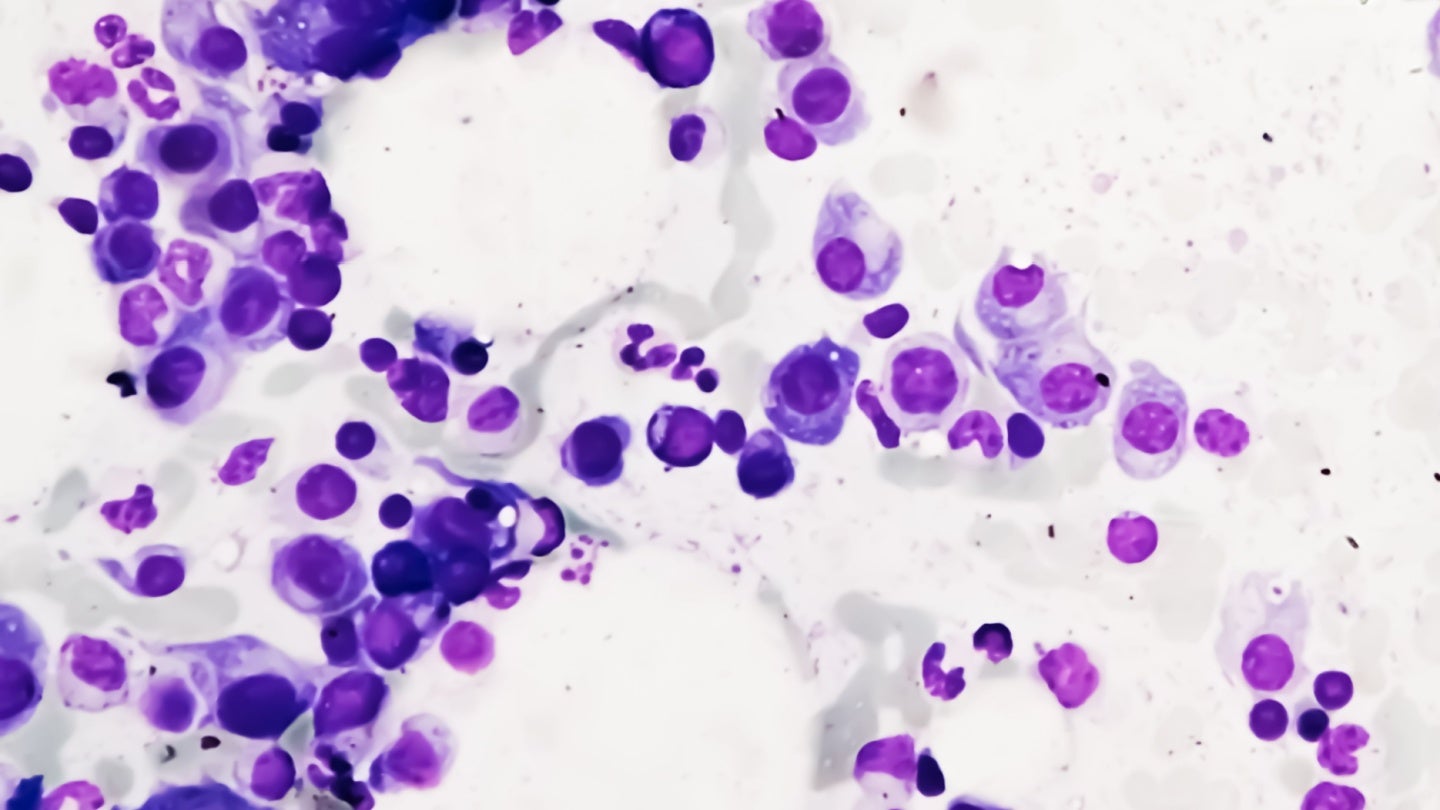Developments in RNA Research Win Nobel Prizes for the Second Consecutive Year
After last year’s Nobel Prize in Physiology or Medicine was awarded to Drew Weissman and Katalin Karikó for their work on mRNA vaccines, which played a pivotal role in controlling the COVID-19 pandemic, this year’s award in the same category has been given to two American biologists, Victor Ambros, and Gary Ruvkun, for their discovery […] The post Developments in RNA Research Win Nobel Prizes for the Second Consecutive Year appeared first on LifeSci Voice.

After last year’s Nobel Prize in Physiology or Medicine was awarded to Drew Weissman and Katalin Karikó for their work on mRNA vaccines, which played a pivotal role in controlling the COVID-19 pandemic, this year’s award in the same category has been given to two American biologists, Victor Ambros, and Gary Ruvkun, for their discovery of microRNA and research on its role in gene regulation. The foundations of the mRNA vaccine are found in Ambros and Ruvkun’s work.
While RNA research earned Nobel Prizes both last year and this year, this year’s prize is more related to contributions to physiology than medicine.
Ambros and Ruvkun are affiliated with the University of Massachusetts Medical School and Harvard Medical School, respectively. Ambros is a professor of natural sciences, while Ruvkun is a professor of genetics. It was Ambros who, in 1993, discovered the first microRNA.
Initially, it was believed that microRNA was unique only to the organism it was discovered in, the small worm C. elegans, and therefore irrelevant to humans. It was later, through Ruvkun’s contributions, that another microRNA was discovered, one that exists across the animal kingdom.
Ambros and Ruvkun’s work revealed that through the process of gene regulation, each cell acts on only certain parts of the instruction manual and activates only the appropriate genes for each cell type.
This process of gene regulation is carried out by microRNAs. Thanks to these findings, we now know that there are over 1,000 types of microRNA in humans and that, at an mRNA level, almost every gene is regulated by several microRNAs.
MicroRNAs are also considered important due to their potential connection with cancer. It has been noted that microRNA regulatory networks are often disrupted in cancer cells, and errors in gene regulation have been linked to skeletal disorders and hearing loss.
“We’re awarding this because of its fundamental importance for the basic understanding of physiology. We know historically that these big discoveries translate into clinical improvements, but it takes time,” said Thomas Perlmann, secretary-general of the Nobel Assembly, regarding the committee’s decision to award Ambros and Ruvkun.
The post Developments in RNA Research Win Nobel Prizes for the Second Consecutive Year appeared first on LifeSci Voice.
What's Your Reaction?

































